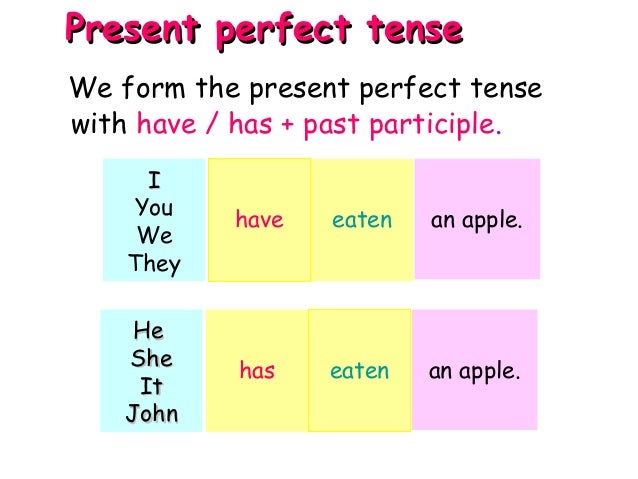Ok, Lemmy start playing that bass right away ! And get well soon by the way, because I want to see Motorhead on concert again ! Such a legendary group, MOTORHEAD!
If you like to gamble ...
ACE of SPADES by MOTORHEAD
via GIPHY


Batzutan hizkuntza batean ez ditut izaten beharrezko baliabideak nahi dudana adierazteko. Horrela ikasleei institutura zertara datozen galdetzen diedanean, uste dute nik aditu nahi dudan erantzuna ikastera dela. Baina ordun gaztelerara pasa behar izaten dut. Ia esaidazue gazteleraz: ¿a qué venís? ¿a estudiar, a aprender o a educaros? Zalantza gehiago izaten dute orduan ...
Hortxe dago koxka, ez da erraza izaten hizkuntza bakar batekin dena adieraztea, askotan euskaratik, ingelerara eta gaztelerara salto egiten dut. Baibaitakit konpetentzia linguistikoa hobetu egiten dela batetik besterako saltoen bidez, hizkuntz batean aritzean baino.
https://create.kahoot.it/share/duplicate-of-british-culture/0924078c-d2ba-441b-8609-a5925e4368e1 Capitals, nation, etc.GGGGGGGGGGGGGGGGGGGG...
